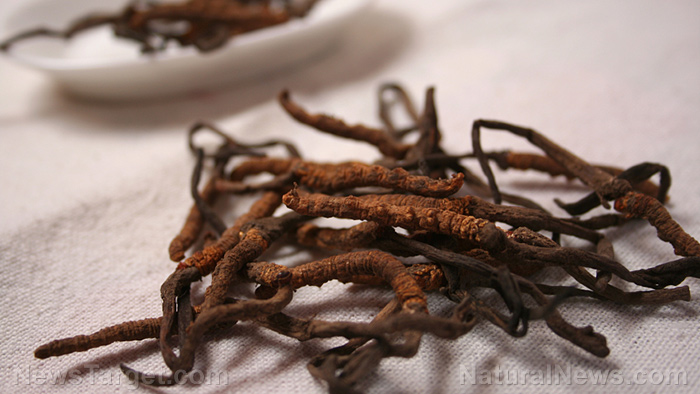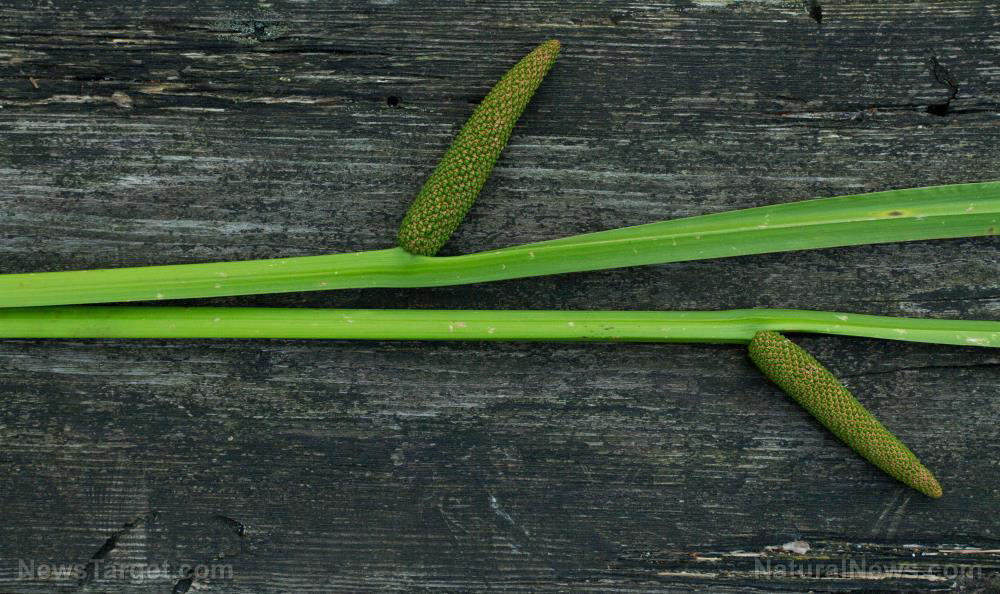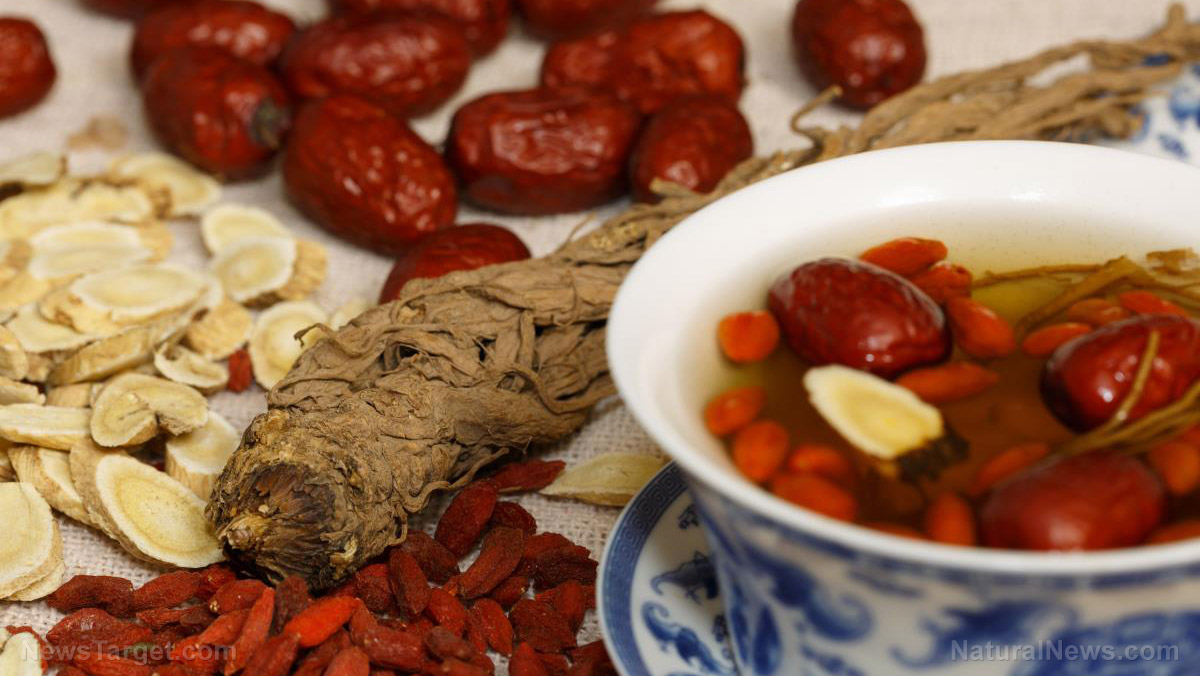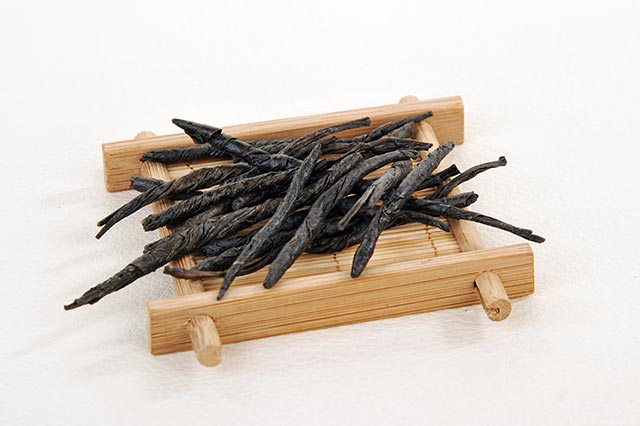Looking at how danshen can be used to treat Alzheimer’s disease
11/29/2019 / By Evangelyn Rodriguez

Alzheimer’s disease (AD) is an irreversible and progressive brain disease that affects cognitive function. The most common neurodegenerative disease worldwide, AD affects as many as 5.5 million people in the US alone. AD is often seen in older adults aged 65 and above, but younger people can also develop the disease. While little is known about how AD actually develops, scientists believe that it is caused by a combination of genetic, lifestyle, and environmental factors that cause brain proteins to function abnormally and become toxic to brain cells.
In an article published in the the journal Chinese Medicine, researchers from the University of Macau reviewed the neuroprotective effects of danshen, a traditional Chinese medicine (TCM) widely used for its various medicinal properties. Previous studies using animal models have reported that danshen extracts can reduce neurotoxicity and cognitive impairments. Based on the findings of several studies, the researchers believe that the active components of danshen can be developed into effective drugs for the treatment of AD.
The effects of salvianolic acid B, a bioactive component of danshen, on AD characteristics
Salvia miltiorrhiza, also known as red sage (danshen in TCM), is a well-known herb used for the treatment of many conditions, including hyperlipidemia (high cholesterol), cardiovascular disease, stroke, and other cerebrovascular diseases. According to studies, the major components of danshen, namely, salvianolic acid A, salvianolic acid B, danshensu, tanshinone I, tanshinone IIA, and cryptotanshinone, all exhibit neuroprotective effects.
Sponsored: NEW Biostructured Silver First Aid Gel created by the Health Ranger combines three types of silver (ionic silver, colloidal silver, biostructured silver) with seven potent botanicals (rosemary, oregano, cinnamon and more) to create a breakthrough first aid silver gel. Over 50 ppm silver, verified via ICP-MS lab analysis. Made from 100% Texas rain water and 70% solar power. Zero chemical preservatives, fragrances or emulsifiers. See full details here.
For instance, researchers from The First Hospital of Hebei Medical University in China found that the total salvianolic acid extracted from danshen can ameliorate learning and memory impairments. In another study, which appeared in Neurochemistry International, researchers reported that S. miltiorrhiza extracts can protect neurons from B-amyloid protein-induced cell death. Chinese researchers also found that S. miltiorrhiza can cause induced pluripotent stem cells (iPSCs) to differentiate into neurons efficiently. The herb even improved functional recovery of these cells after transplantation to ischemic brain tissues.
These findings led the researchers to examine whether S. miltiorrhiza has positive effects on the major characteristics of AD or not. These characteristics or hallmarks of AD include the formation of B-amyloid (AB) plaques and neurofibrillary tangles (NFTs), and the development of mitochondrial dysfunction and autophagy dysfunction.
AB plaques are caused by the accumulation of amyloid-beta peptides. Their presence in the brain is positively correlated with cognitive impairment. Meanwhile, NFTs are produced when hyperphosphorylated tau proteins accumulate inside neurons. The presence of NFTs is believed to disrupt memory formation and processing.
Mitochondrial dysfunction occurs when the mitochondria — a cell organelle responsible for generating energy — becomes damaged due to AB accumulation. Mitochondrial dysfunctions like increased permeability and production of excess free radicals are common in the early stages of AD.
Autophagy, on the other hand, is the process by which damaged cell organelles are degraded and recycled. It plays an important role in cellular energy balance and the regulation of AB generation and clearance. Research suggests that AB secretion and plaque formation is associated with autophagy dysfunction, while promotion of autophagy improves cognitive deficits.
According to animal studies, the bioactive components of danshen, particularly salvianolic acid B, can be used to treat AD. Salvianolic acid B not only has high antioxidant activity, it can also improve cognitive impairment, reduce mitochondrial stress, preserve nerve function, and protect neurons from AB-induced toxicity by decreasing the production of AB.
Other studies also suggest that this active component of danshen can block the enzyme that causes hyperphosphorylation of tau proteins, and work as a novel autophagy inducer.
Because of its ability to reduce the four characteristics of AD in preclinical studies, the researchers believe that further development of salvianolic acid B from danshen as a potential neuroprotective drug should be supported.
Sources include:
Tagged Under: alternative medicine, Alzheimer's disease, brain function, brain health, Chinese medicine, cognitive impairment, danshen, disease treatments, herbal medicine, Herbs, natural cures, natural medicine, phytonutrients, prevention, remedies, research, TCM
RECENT NEWS & ARTICLES
Herbs.News is a fact-based public education website published by Herbs News Features, LLC.
All content copyright © 2018 by Herbs News Features, LLC.
Contact Us with Tips or Corrections
All trademarks, registered trademarks and servicemarks mentioned on this site are the property of their respective owners.


















